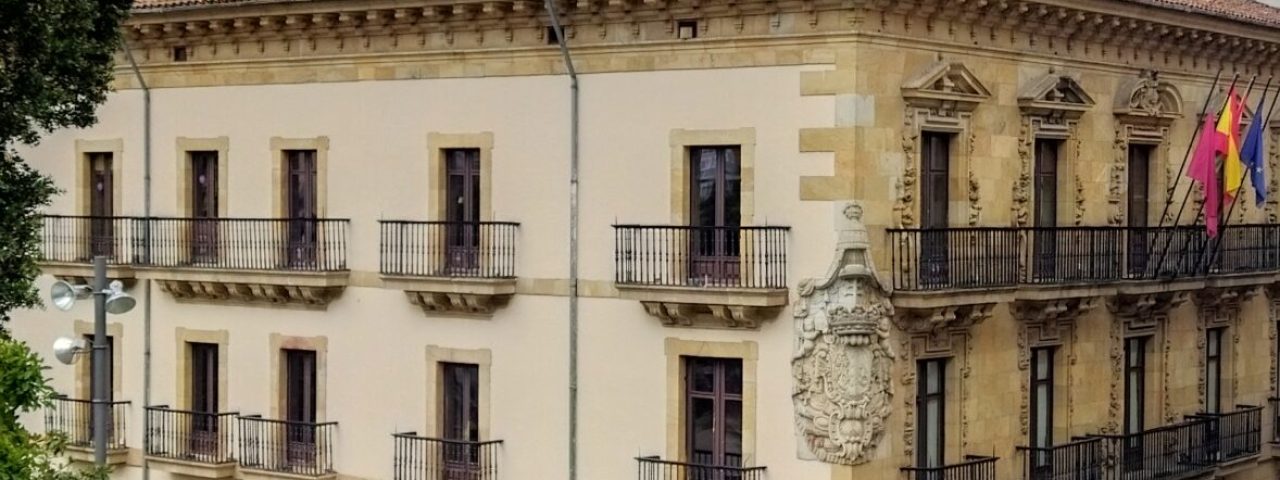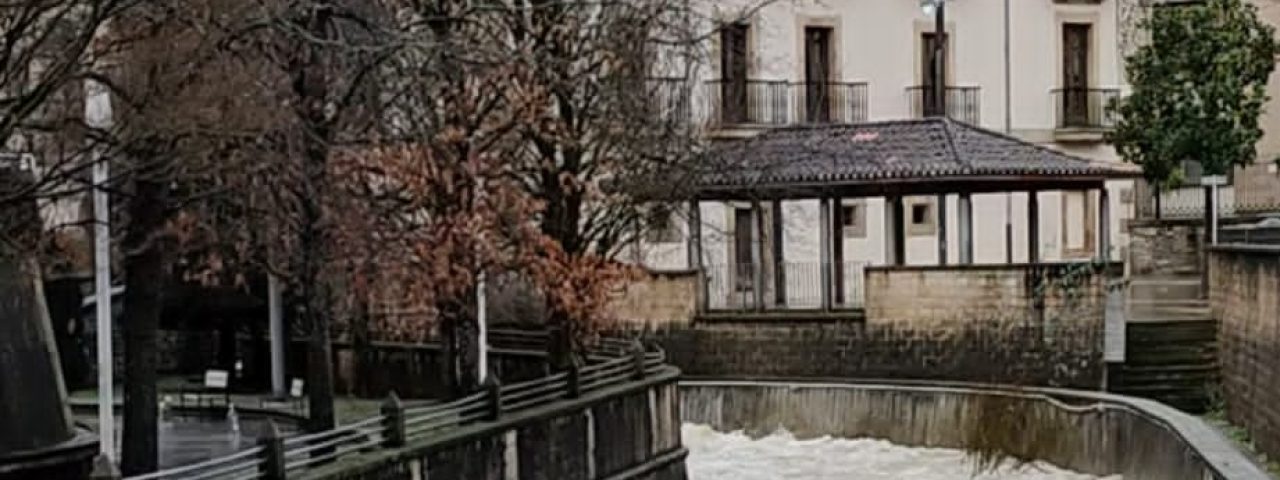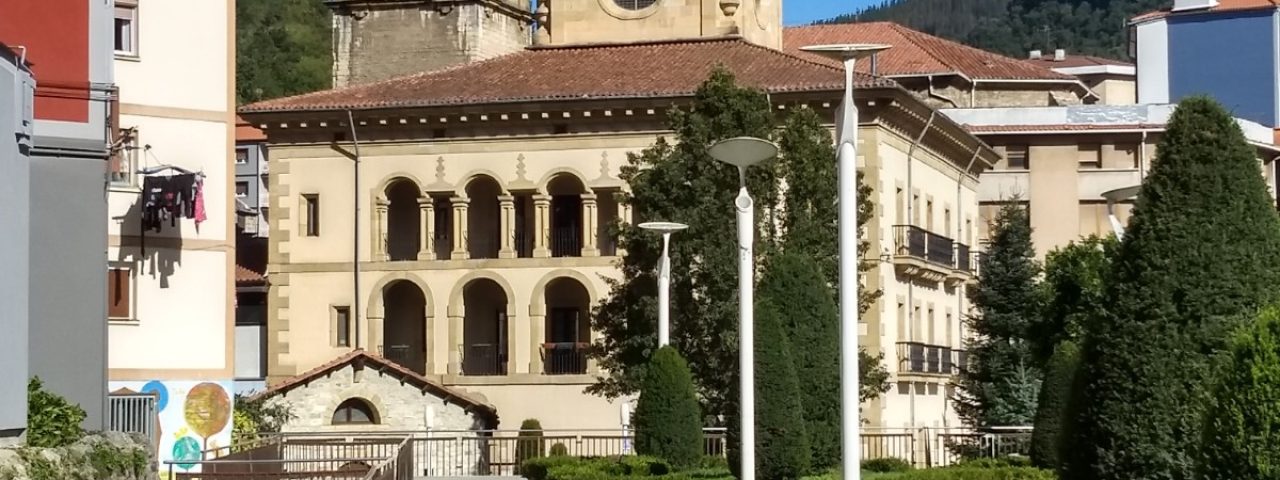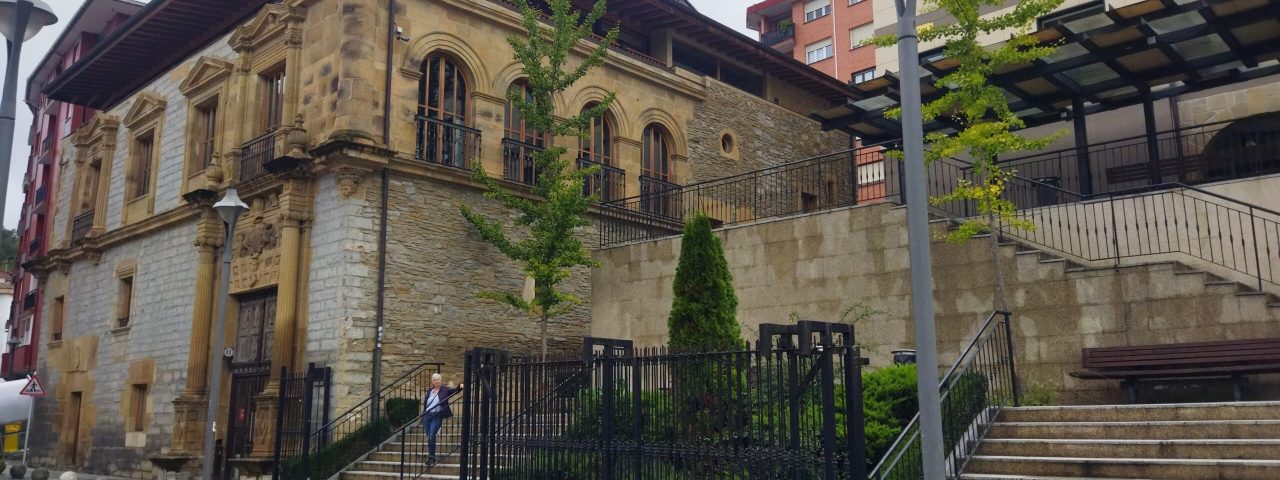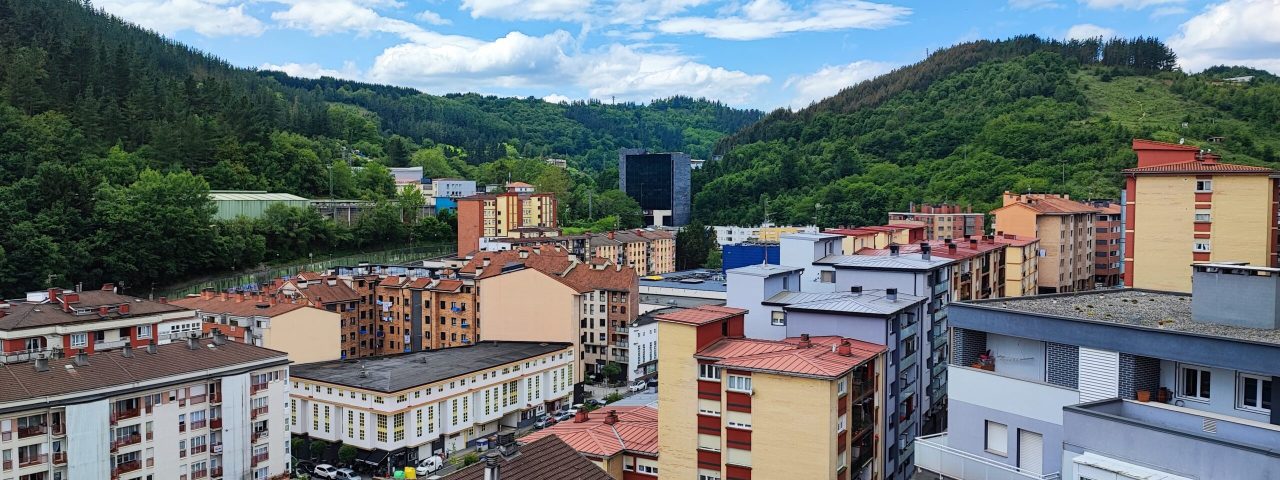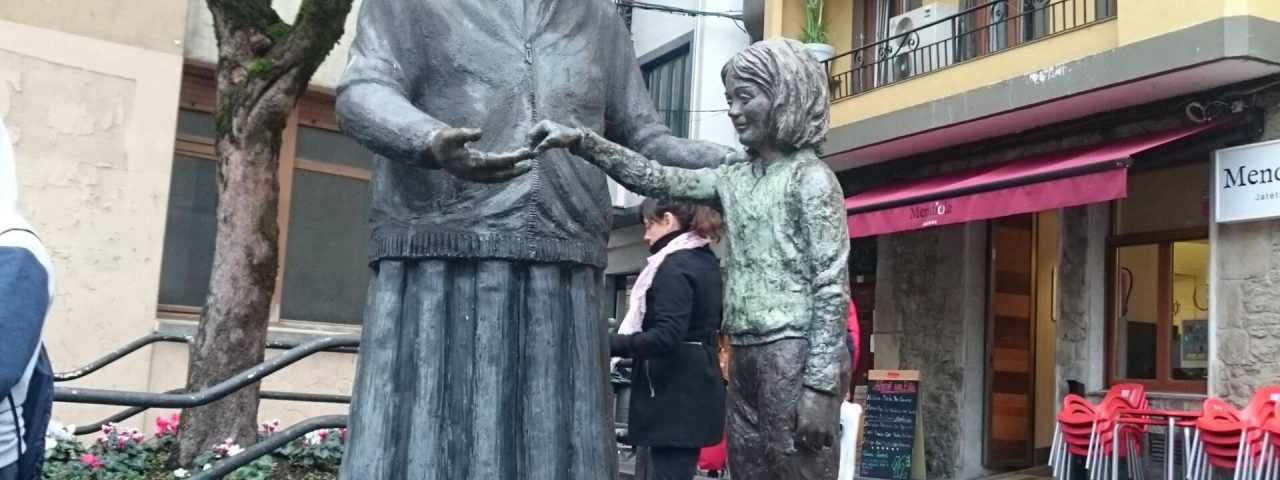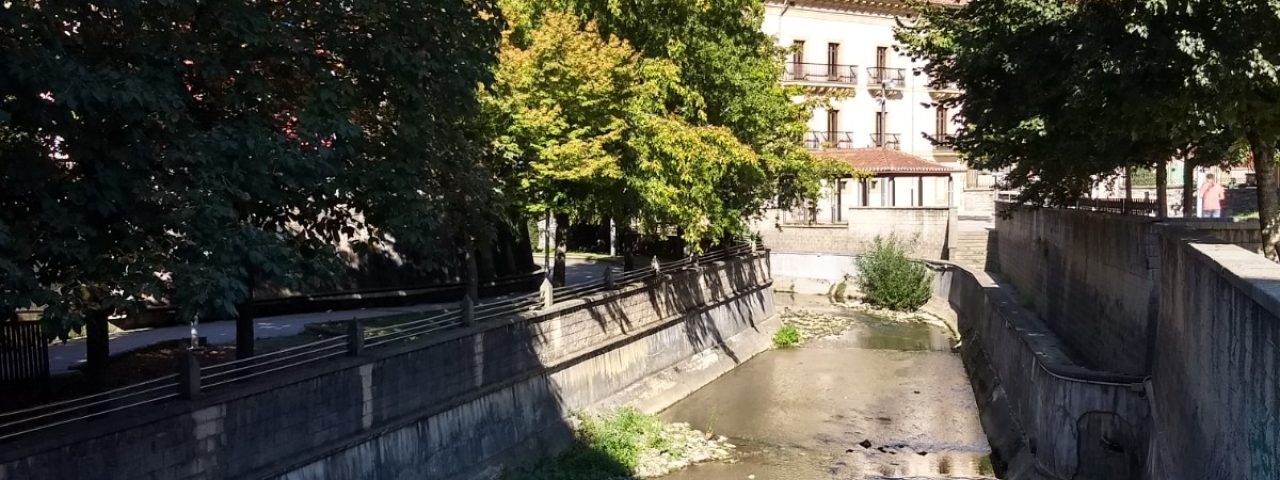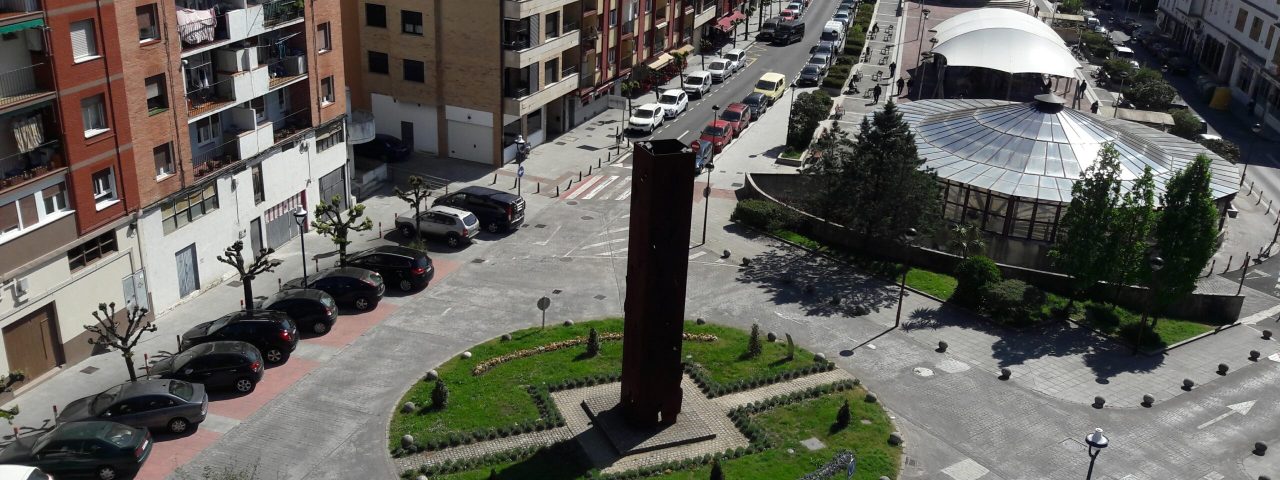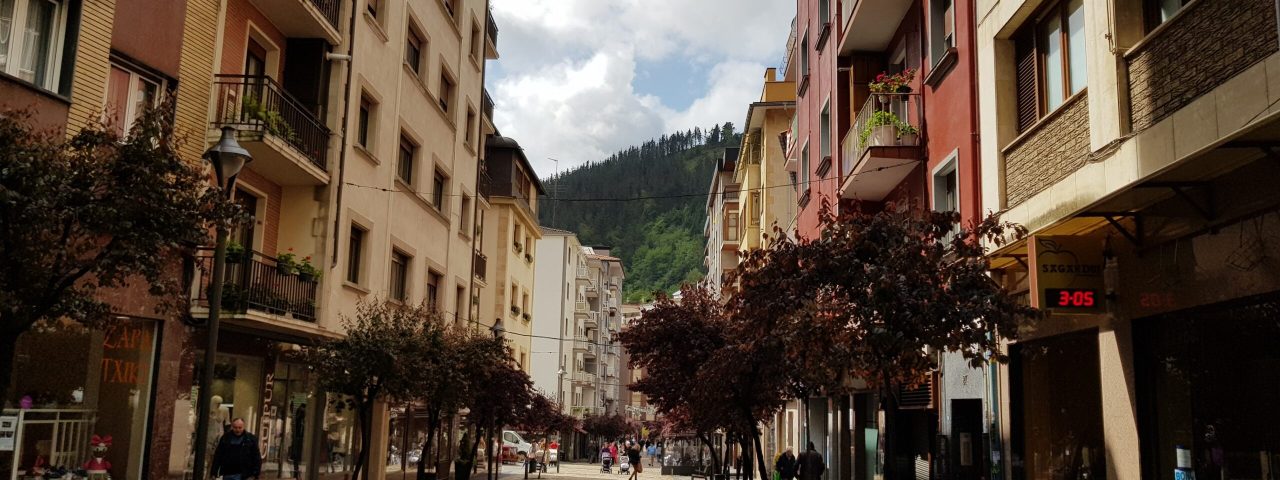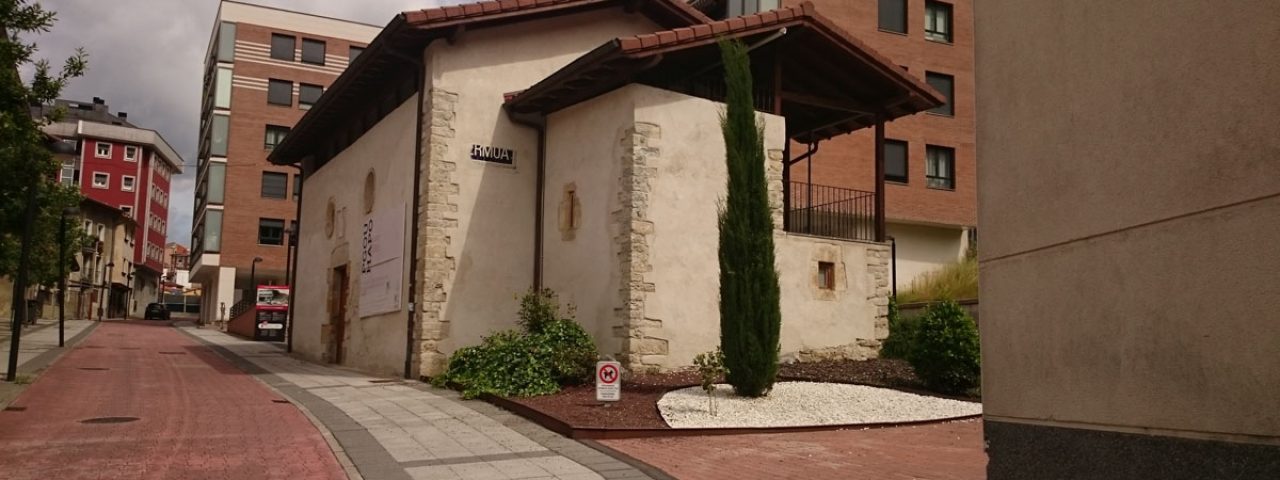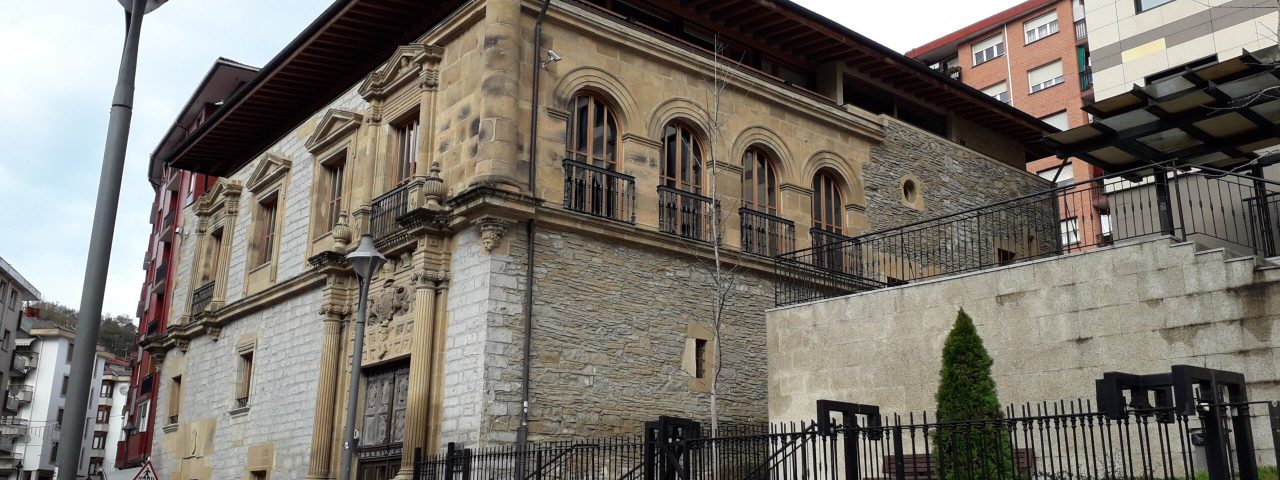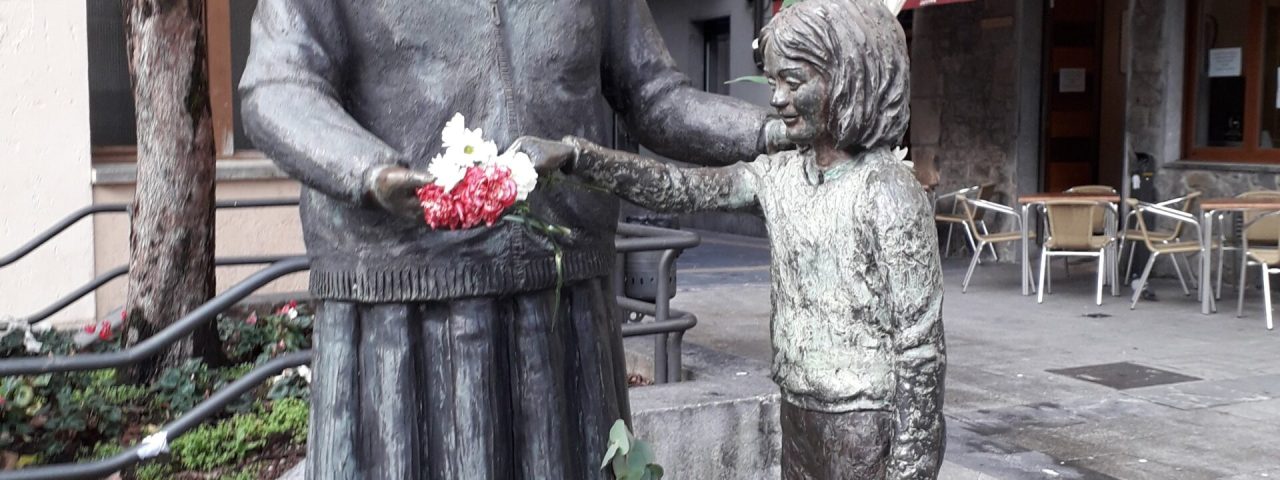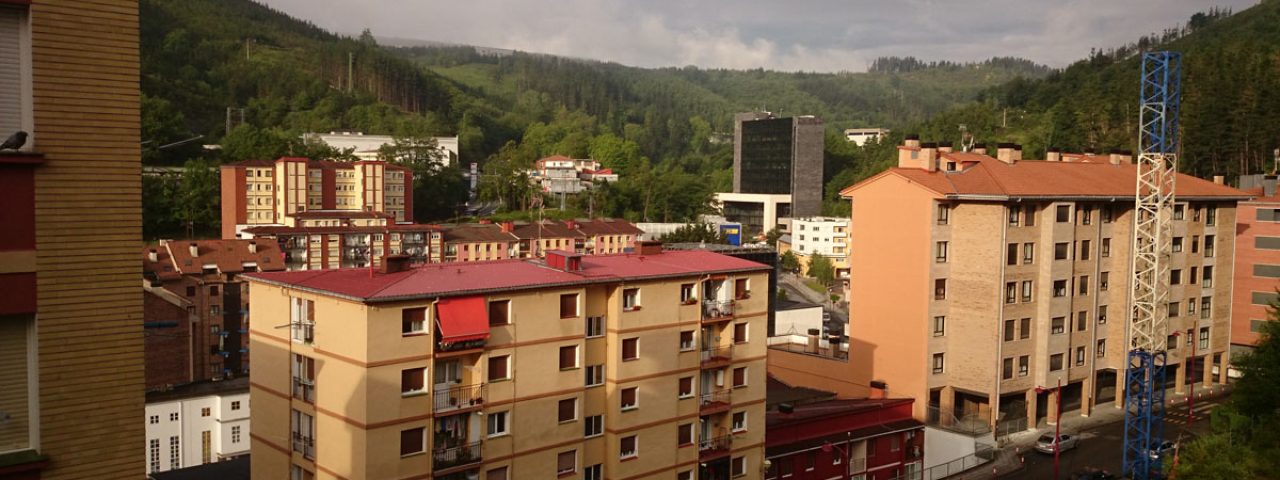Ermua’s history dates back to the medieval period, with its establishment as a small settlement within the Basque Country. Over the centuries, it has evolved from a rural village into a thriving modern town while preserving its cultural identity. Its roots in Basque traditions are reflected in its architecture, language, and customs. The city played a role in historical conflicts between the Basque and Spanish crowns and retains elements of its past through its preserved buildings and historical landmarks.
The city’s rich cultural life is highlighted by several local festivals, the most important of which is the Feast of Saint Pelayo, the patron saint of Ermua. Held in June, this festival includes processions, traditional Basque sports, music, and dance, bringing the community together in a vibrant celebration of heritage. The Basque sport of pelota is also a significant cultural symbol in Ermua, with matches often held during local celebrations.
Local customs are rooted in the Basque Country’s broader traditions, with the Basque language (Euskara) commonly spoken alongside Spanish. Visitors will find a strong sense of community, a warm welcome, and an enduring pride in the city’s heritage. Historic landmarks, such as the Church of Santiago, showcase the city’s architectural history, providing glimpses into its centuries-old past while standing as symbols of its enduring cultural significance.
